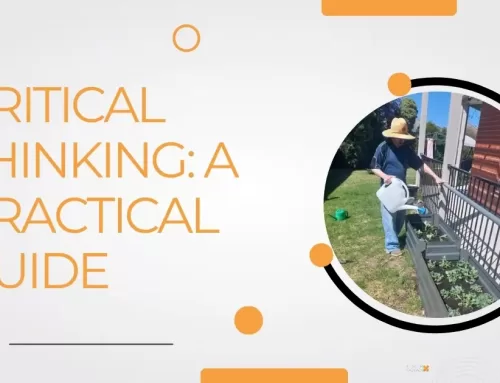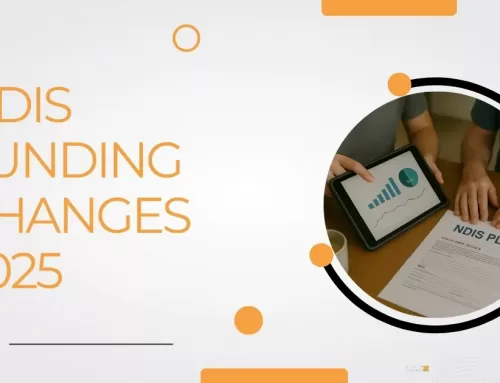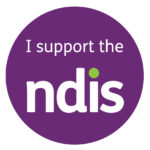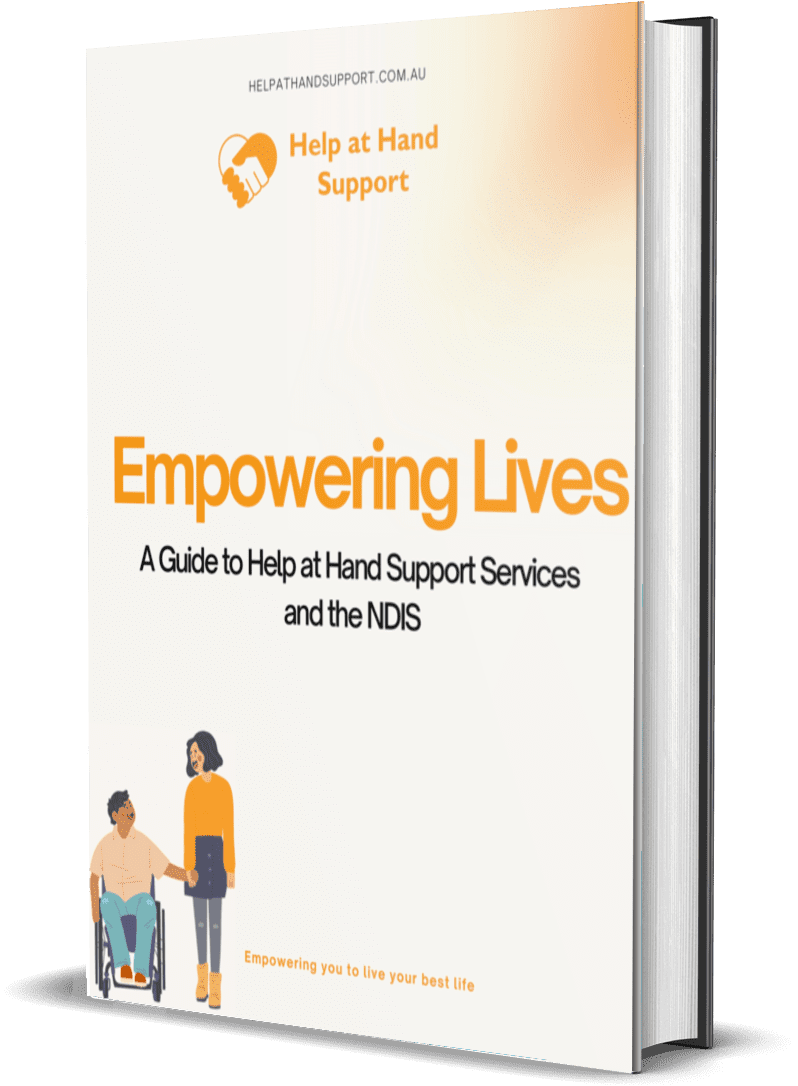When a Child with an NDIS Plan Turns 18
What Happens When Your Child Turns 18 on the NDIS?
Turning 18 is a major milestone – not just for young people, but also for their families. Under the NDIS, this marks the beginning of a new chapter where participants are encouraged to take more ownership of their supports, paving the way for greater independence and self-determination.
But this transition can raise many questions: What changes? How do you prepare? And what can families expect?
To help shed light on the experience, we spoke with Roxana, one of our care coordinators at Help at Hand Support. As both a parent and an experienced support professional, Roxana shares what it was like navigating her son Jason’s transition into adulthood under the NDIS – and what she’s learned along the way.
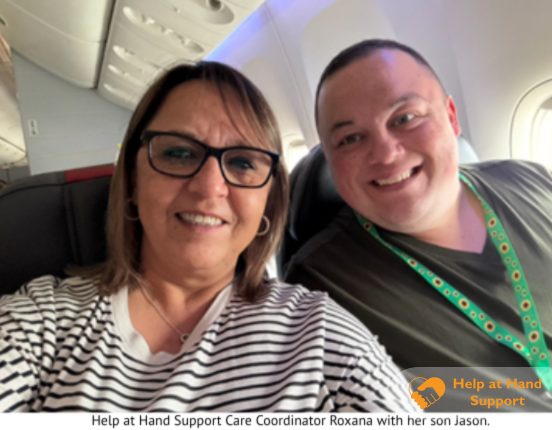
*Real insight from a parent and care coordinator who’s been through it.
A Changing Landscape
“At first, it felt a little daunting,” Roxana shares. “Up until Jason turned 18, services were very accessible. But once he entered the adult system, it felt like a lot more effort was needed to find the right supports.”
While this was her experience at the time, Roxana acknowledges that access to services and the NDIS has evolved significantly since then.
“Back then, waitlists were long and it wasn’t always easy to find the right professionals – especially those with experience supporting young adults on the spectrum. But there’s definitely more awareness now, and families have more tools and guidance available.”
She reflects on how persistence and connection-building helped her find a way forward.
“I reached out to Jason’s previous therapists – his speech therapist, psychologist, psychiatrist – and through their networks, I began to find options. It took time, but it reminded me that building relationships and asking questions can really open doors.”
Supported Decision – Making & Nominees
One of the key changes when a participant turns 18 is that they become the primary decision-maker for their plan. The NDIS supports this through two main pathways: supported decision-making and NDIS nominees.
Supported decision-making helps participants learn how to make choices with the right level of assistance. If someone needs more ongoing support, a nominee can be appointed to act on their behalf.
Roxana experienced this shift firsthand and encourages families to prepare ahead of time.
“I didn’t initially realise that, after Jason turned 18, I couldn’t automatically speak on his behalf. Even though I knew what he needed, NDIS needed to hear from him directly – just to make sure he was comfortable with me doing that.”
“It was a learning curve, but a necessary one. Jason now understands more about the process, and over time, it’s helped us both grow in different ways.”
Planning for a New Chapter
Turning 18 brings changes in education, work, and personal goals – and the NDIS recognises that. It’s a good idea to request a plan reassessment ahead of time to ensure the new plan reflects the participant’s future direction.
Supports that may become available include:
- School Leaver Employment Supports (SLES): Preparing for the transition from school to work.
- Study Supports: Assistance for those entering higher education or training.
- Employment Supports: Including career guidance and workplace support.
- Individualised Living Options (ILO): Exploring independent living arrangements.
- Increased Social and Community Participation: Helping participants build skills and confidence to connect with their community.
“One of the most positive steps we took was to request a reassessment early,” Roxana says. “It helped us adjust Jason’s plan to suit his goals as he entered adulthood – and the supports available now are much more tailored and flexible than when we first started.”
Roxana’s Advice to Other Families
Looking back, Roxana has one clear piece of advice:
“Keep asking questions. Keep researching. And don’t be afraid to change providers if something doesn’t feel right.”
She shares that their first support coordinator wasn’t the right fit for Jason – but finding the right one made all the difference.
“We’ve now been with our current coordinator for over six years. She understands Jason, advocates for him, and constantly looks for better supports. That’s what every participant deserves.”
“It really is about finding someone who ‘bats’ for your child – someone who sees their potential and helps them access the right tools to thrive.”
You’re Not Alone – We’re Here to Help
Transitioning into adulthood can feel overwhelming – but it also opens the door to independence, growth, and new possibilities.
At Help at Hand Support, we’re here to guide you through every step. Whether you need help updating your child’s plan, understanding nominee options, or connecting with the right supports, our team is committed to helping your family make this transition as smooth and empowering as possible.
If your child is approaching 18 – or if you simply want to prepare early – reach out to us anytime. We’re ready to support you with experience, compassion, and care
Check out more from our Blog
Book A Care Consult
We will be in contact with you shortly

